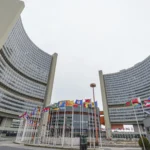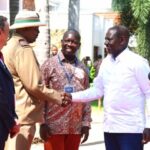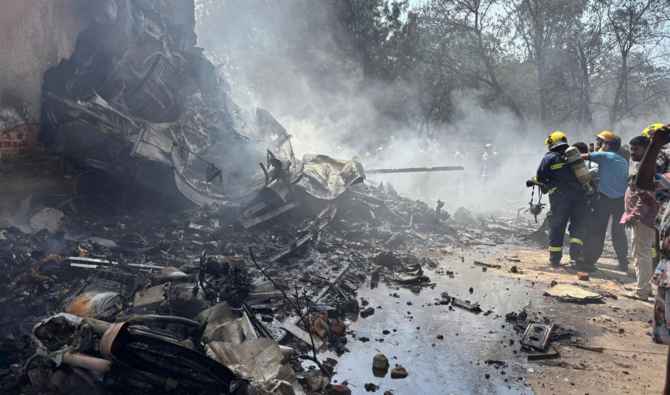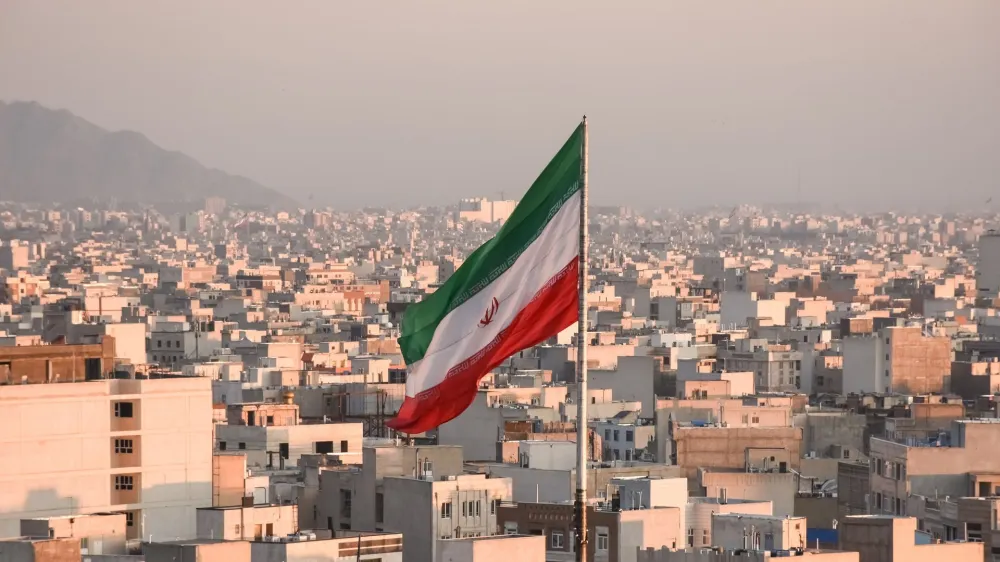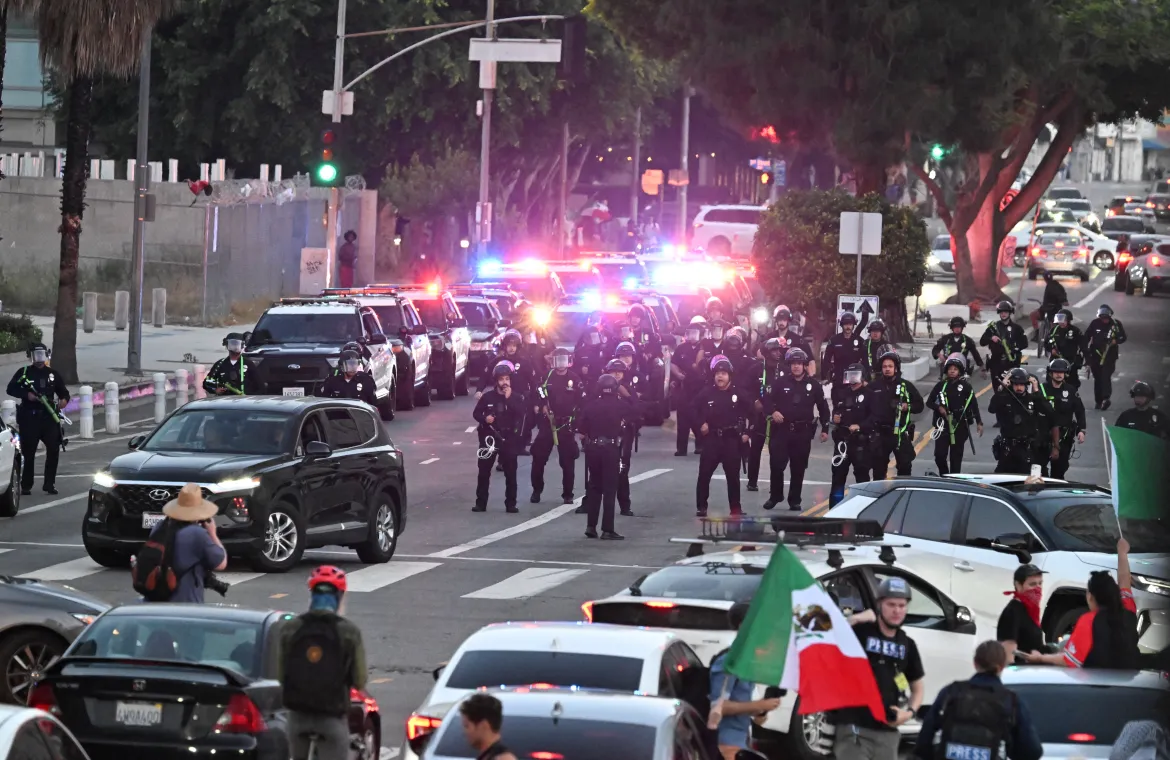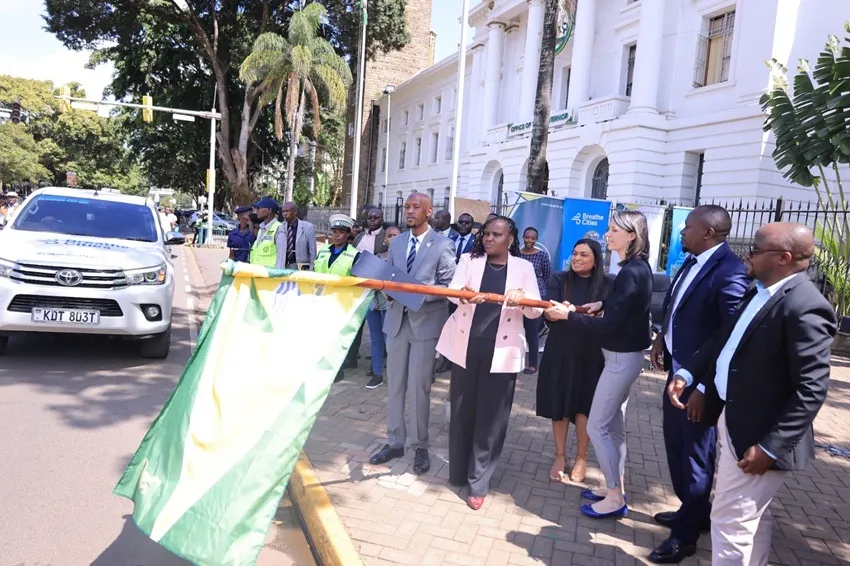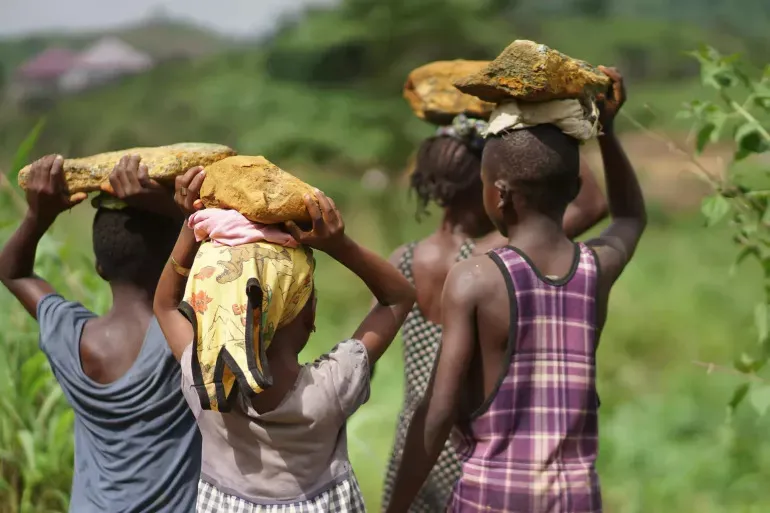CARACAS — Venezuela’s ruling party has claimed an overwhelming victory in Sunday’s regional and parliamentary elections, in a vote widely boycotted by the opposition and shadowed by a wave of arrests and growing international concern.
The National Electoral Council (CNE), led by allies of President Nicolás Maduro, reported that candidates from his United Socialist Party (PSUV) won gubernatorial races in 23 of the country’s 24 states. The ruling coalition also secured more than 82% of votes cast for the National Assembly.

President Maduro described the result as a “victory of peace and stability.” But critics, both inside and outside the country, painted a very different picture.
“More than 85% of Venezuelans did not obey this regime and said ‘no’,” opposition leader María Corina Machado declared, insisting voter turnout had fallen below 15%.
The official turnout figure, released by the CNE, stood at 42.6%. But independent journalists visiting polling stations throughout the day reported largely empty voting centres and a striking absence of queues, in contrast to the country’s previous presidential election in July.
Opposition in Disarray, Some Defy Boycott
The vote followed months of political turbulence after the presidential election in July, in which opposition candidate Edmundo González was widely believed to have defeated Maduro. The CNE declared Maduro the winner without releasing full vote tallies. International observers and much of the global community refused to recognise the result.
González has since gone into exile in Spain. Machado, barred from running herself, had supported his candidacy and pushed for a boycott of Sunday’s elections. In a video message earlier this month, she made her position clear:
“We voted on 28 July. On 25 May, we won’t vote.”
Despite the boycott call, a handful of prominent opposition figures did participate. Among them were Henrique Capriles, the former governor and presidential candidate, and Manuel Rosales, governor of Zulia. Capriles defended his decision, telling Spanish newspaper El País, “Voting in Venezuela is an expression of resistance, of resilience, of not giving up.”
Their participation drew criticism from Machado, who accused them of betraying the opposition’s cause.
Still, a few from Capriles’ camp managed to secure seats in the new National Assembly, including Capriles himself. Only one state—Cojedes—remains in opposition hands, following the re-election of Alberto Galíndez.
Crackdown Ahead of the Vote
The election was preceded by a surge in arrests targeting opposition figures. Over 70 people were reportedly detained, accused of plotting to sabotage the vote. Among those arrested was Juan Pablo Guanipa, a close ally of Machado.
Interior Minister Remigio Ceballos described Guanipa as “one of the leaders of this terrorist network,” claiming he was involved in plans to plant bombs at key infrastructure sites during the election.
Machado rejected the allegations outright.
“This is state terrorism, pure and simple,” she said.
Mounting Questions Over Legitimacy
The CNE, led by Elvis Amoroso—previously Maduro’s legal adviser—has long been accused by the opposition of lacking independence. Its credibility was further damaged last year after it announced Maduro’s re-election without publicising the supporting data.
While the government insists the latest election shows strong public support, analysts warn the political divide has only deepened.
“This wasn’t a vote. It was a coronation,” said Luis Vicente León, a political analyst based in Caracas. “With much of the opposition sidelined or in jail, Maduro faced no real competition.”
Looking Ahead
Despite the ruling party’s grip on power, economic turmoil continues. Venezuela remains mired in inflation, food insecurity, and a mass exodus of its citizens. Over 7 million Venezuelans are estimated to have left the country since 2015, many fleeing political repression and economic collapse.
Whether this latest electoral win translates into political legitimacy or deeper isolation for the Maduro government remains to be seen. For now, the battle lines remain firmly drawn.




